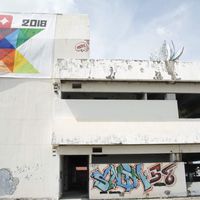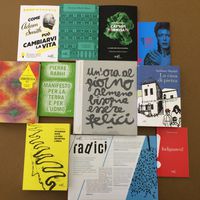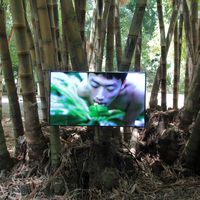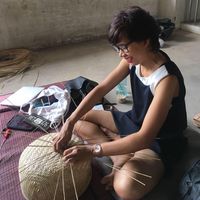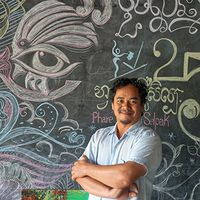Permaculture in Chiang Mai I In conversation with Christian Shearer
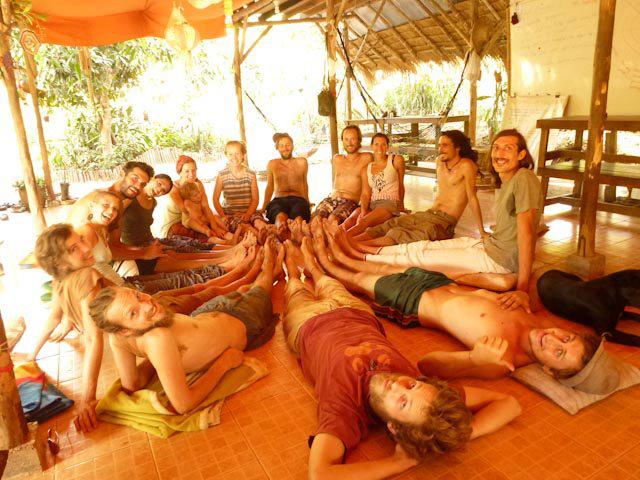
This month, culture360 contributor Naima Morelli interviews Christian Shearer, Founder of Panya Project, an international community outside of Chiang Mai focusing on permaculture and entirely sustainable living.
In the last few years permaculture – an alternative agricultural system seeking to integrate human activity with natural surroundings – has been gaining traction in Southeast Asia. Thailand in particular, has proved itself to be a fertile ground to create highly efficient self-sustaining ecosystems.
The epitome of this is Panya Project, a permaculture center and community situated in low-lying hills around Chiang Mai, framed by rice paddies and national forests. Its founder, Christian Shearer, has built it with the help of a ground of people steeped in positive beliefs about what is possible on the planet. “We see the amazing and essential potential of humanity and we work to contribute to it”, he says. “I'm done fighting against. I'm up to build the world we want to see.”
Focusing entirely on sustainable living, Panya Project’s vision is to be an educational centre inspiring people to become ambassadors of change in the world. Visitors and volunteers can learn about their processes through permaculture introduction and design courses, the construction of earthen buildings, and demonstrations of its medium scale water harvesting system.
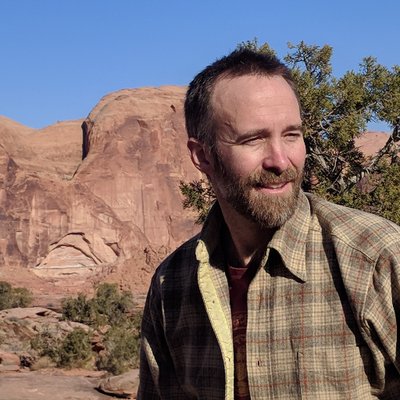
Founder of Panya Project, Christian Shearer
Founder Christian Shearer has had a very close relationship to Thailand, as he lived in the country with his family from when he was 12 until he graduated high school. He then moved back to Thailand to start Panya after he completed college.
Naima Morelli (NM): What was the initial inspiration that pushed you to devote your working life to the growth of ecological agriculture?
Christian Shearer (CS): I fell into it accidentally. I was interested in living a deeply fulfilling life, which led me to start the Panya Project. As part of that, I needed to learn how to build and grow food. Once I started learning, I met tons of farmers and realized that there is such a huge problem with agriculture in the way it is conceived today. It doesn't work for farmers, for consumers, or for the planet. So, I am working to try to help accelerate the shift to a different kind of agriculture which is regenerative.
NM: What has been the importance of starting off by establishing an education center and the workshops at Panya?
CS: Panya is an education center first and formost. It is critical to the vision, and it was extremely helpful to start right out before we really even had infrastructure in place with education and workshops. This helped us build everything we needed, and to gather amazing people. They were up for staying in tents and helping us build the space. I believe they had a wonderful time and got a lot out of it as well.
NM: On the website, you point out that permaculture is in a nutshell, common sense and knowledge that has just been forgotten over the last 50 years. How does this concept apply to Western volunteers versus the Thai locals, coming from different degrees and modes of industrialisation and urbanisation?
CS: The principles are inspiring and motivating for all (as long as you are open to considering them), because they are universal. Working with living systems principles is actually fundamental to humans, because ultimately we are part of living systems ourselves. We just often forget that.
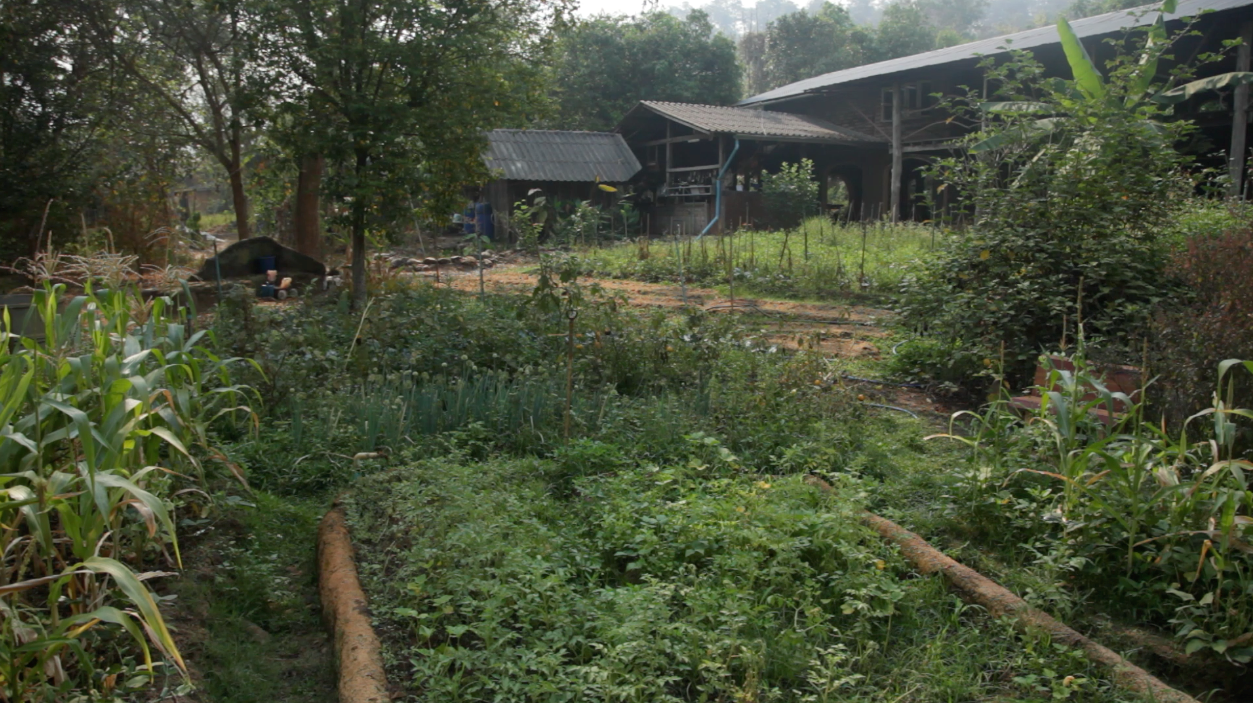
NM: The Panya Project has also hosted school groups, including a yearly week-long educational immersion for high-school students from the International School of Bangkok. How was this experience for the Thai city kids?
CS: They loved it. It pushed their boundaries a bit, but in the end they were so thankful that they got to have such a wonderful experience, connected to nature and with their phones turned off for a week! For many of them, the time spent with friends without their phones was one of the biggest things that really rocked their world.
NM: Panya Project aims for sustainability not only in the physical environment, but also in the spiritual, emotional and intellectual realms. How this translates into the everyday living at Panya?
CS: Each of us is on our own journey, in terms of our relationship to the external world. That relates to the external environment, the local community, and the global community. The way this expresses itself outwardly reflects our inner state. At Panya, we support each other to engage into our personal growth in the ways that works for each of us uniquely. There are many realms of self to look at, practice and reflect on, with spiritual, emotional, and intellectual being a few of them.
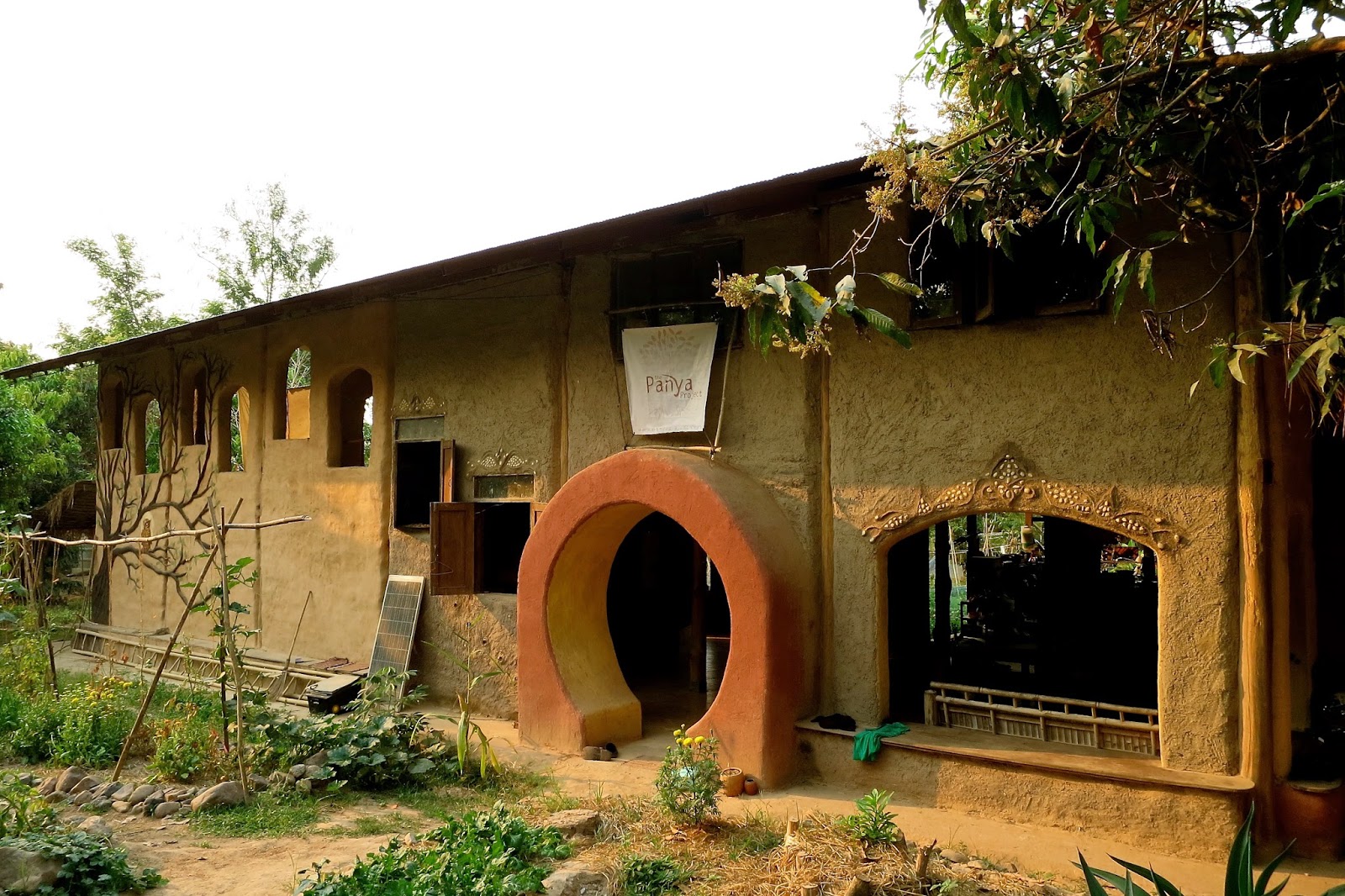
NM: What is most needed today for the growth of Panya?
CS: Panya is at a transition point. Almost everyone who was there in the beginning is gone, which is fine. It is always good to have a new group of people come in with energy and excitement to learn, grow and make their time meaningful. We would welcome a group of people who want to come infuse their energy at Panya.
NM: Over the years, you have started other sustainability projects such as Terra Genesis International, and most recently you have become CEO of Regen Network. Can you tell me the vision which you are bringing forward with this new project?
CS: We are working to build a platform for ecological agreements, so that farmers are rewarded for their ecological contributions to this planet. Working with natural product brands, we would like to incentivise farmers to shift towards more environmentally friendly practices and investors to put their money where their ethics are. Working with scientists, we study regenerative agriculture to build remote sensing algorithms. This way, we will be able to verify practices and outcomes on the ground. It's all very exciting.
I absolutely believe we can turn this planet around. It will not happen primarily because of our governments, and it will not happen primarily because of non-profits. It will happen with the business world taking the lead, and when we figure out how to start valuing natural capital in the markets, the change will come rapidly.
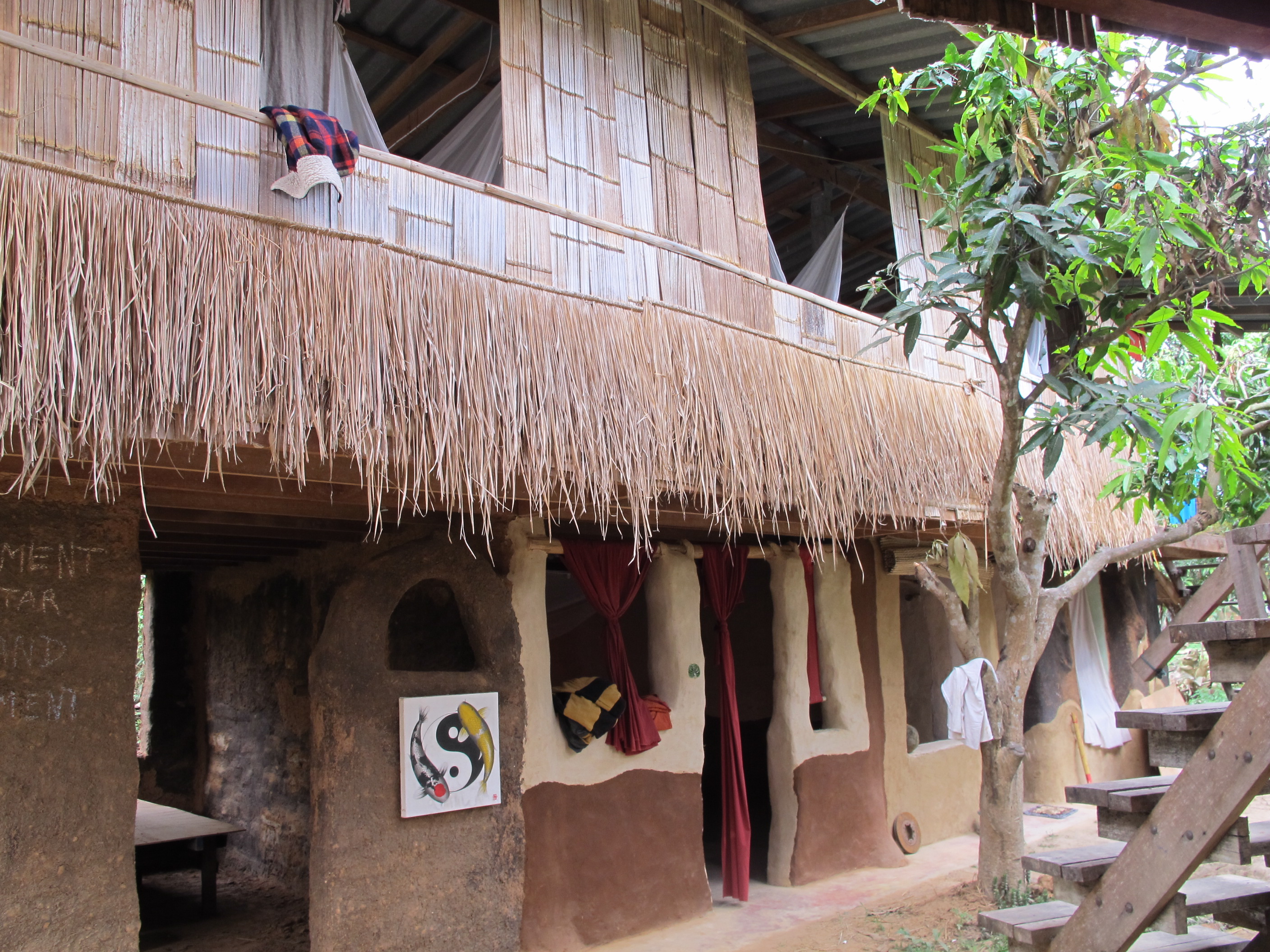
NM: You were only 24 when you founded Panya Project. What would you tell a young person who is interested in starting a similar project today?
CS: Be humble in your being but be bold in your actions. The world needs you to take a risk and pour your heart into something you believe in. The project may "succeed" or "fail" but with the right mindset, you will not fail. You will have learned so much that the rest of your life with benefit from it no matter what.
Links:
www.permacultureprinciples.com
Naima Morelli is a journalist and arts writer researching emerging art systems. She is specialized in the Asia-Pacific region, focusing on Singaporean, Indonesian and Australian art and she is currently researching Cambodian contemporary art. Currently based in Rome and constantly on the go, she has the mission of bridging Asia and Europe through art, culture and words. Her pieces regularly appear on CoBo Social, Art Republik, culture360, Art a Part of Culture and Middle East Monitor. In the past she has written for Art Monthly Australia, ArtsHub, NY Arts, Artribune, I-Magazine Bali, The Times of Malta among others, and she has contributed texts to a number of publications and exhibitions catalogs. She is also the author of the book “Arte Contemporanea in Indonesia”, a narrative essay published in Italy. The book shows how contemporary art produced in Indonesia can’t just be labelled as “Indonesian”, while tracking the context’s influences on the art itself.
Similar content
posted on
05 Aug 2021

